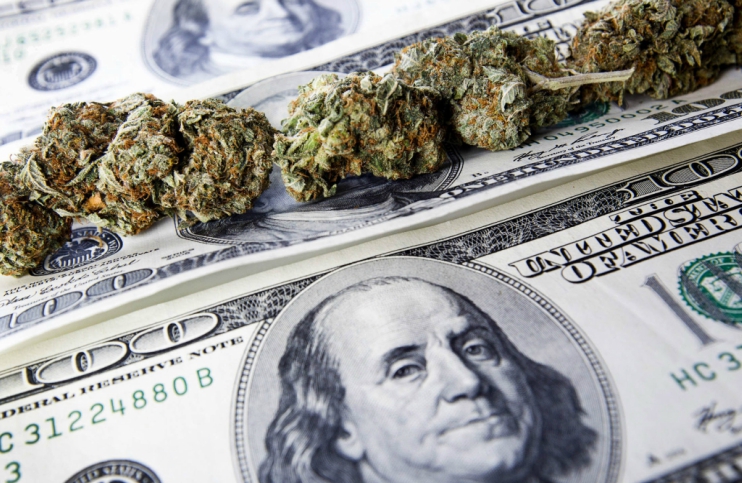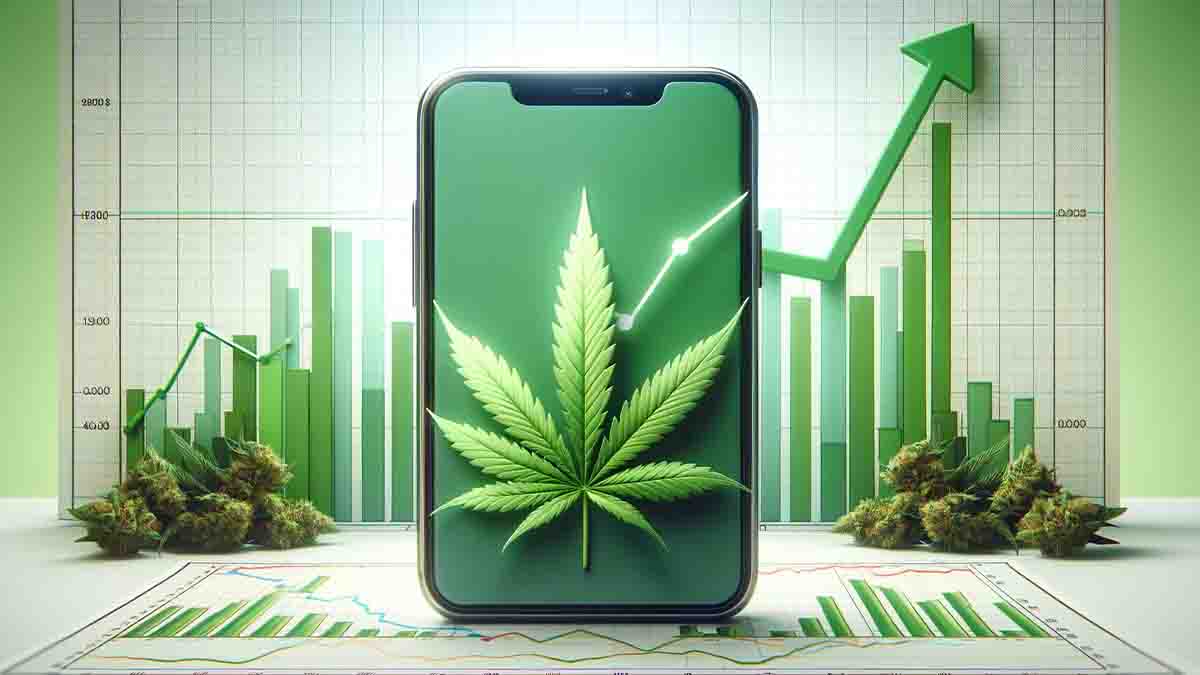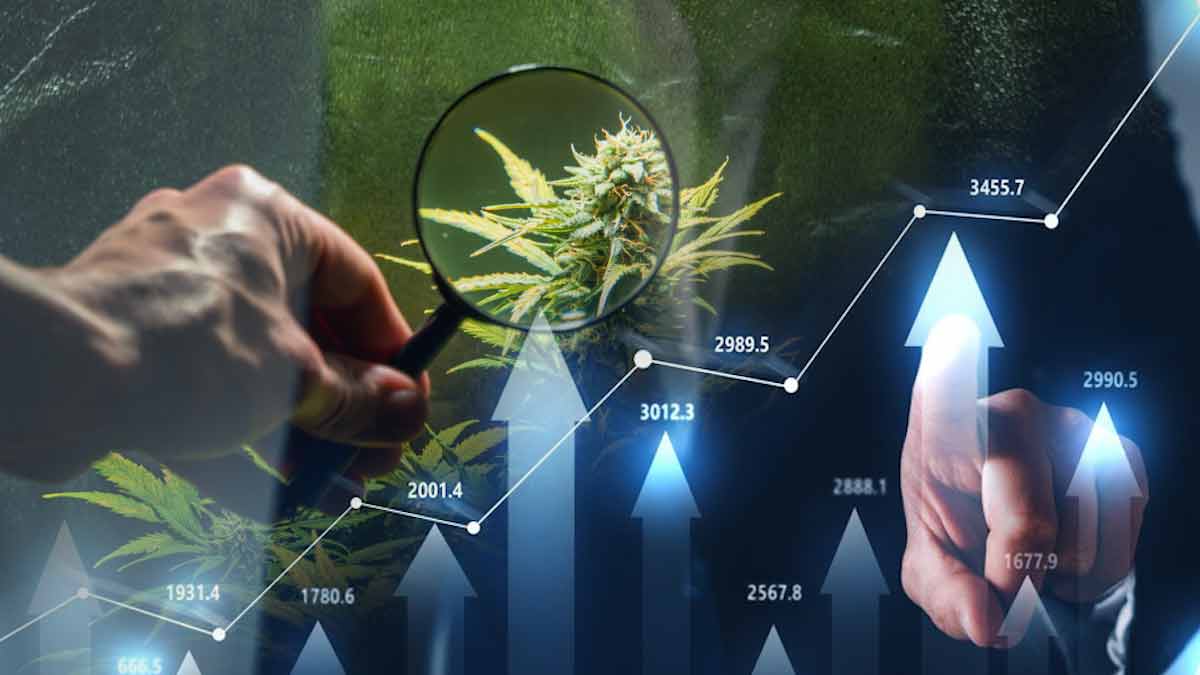The DEA has been taken to court by the cannabis industry after a contentious new statute on the extracts of the plant. Denver’s Hoban Law Group (who is representing the Hemp Industries Association, Centuria Natural Foods and RMH Holdings LLC), filed a judicial review action on Friday against the U.S. Drug Enforcement Administration, pleading the agency overstepped its boundaries when enacting a rule establishing coding for cannabis derivatives such as cannabidiol (CBD) oil. Hoban lawyers allege that the action puts a thriving hemp and marijuana industry at risk and a wide variety of cannabis-based products currently on the market. Bob Hoban said, “We’re talking about jobs and the economy and agricultural (revival).”
Last month the DEA angered many advocates in the marijuana industry with the filing of a final statute notice establishing a Controlled Substances Code Number for “marijuana extract,” and subsequently maintaining cannabis, hemp, and their derivatives as Schedule I substances. DEA agents said the code number would help in the tracking of materials for research and would aid in complying with treaty provisions. However, compliance attorney Hoban expressed worry at the time that the language could result in federal agencies viewing products produced from cannabis as against the law.
Hoban’s petition pursues an analysis of the final rule on the basis that the action was not consistent with the law, including the U.S. Controlled Substances Act and the Agricultural Act of 2014, or the Farm Bill, and effectively amounts to a scheduling action. Hoban said a scheduling action would need congressional approval. According to the lawsuit, “Additionally, the final rule creates this new drug code, indicative of being a controlled substance, for substances which are in fact not controlled pursuant to the (Controlled Substances Act),” Hoban attorneys wrote in the lawsuit. “Specifically, the final rule dictates that the mere presence of ‘cannabinoids,’ which are not controlled substances, is the determinative factor of whether a compound is a ‘marijuana extract. Further, the final rule over broadly defines ‘marihuana extract,’ without reflecting that certain portions and varieties of the genus Cannabis sativa L. are congressionally exempted from the CSA and/or are exempted from being treated as controlled substances altogether pursuant to the relevant laws, as enacted by Congress.”
Hoban said his firm plans to file a petition next week with the DEA, requesting the administration to revoke the definition. Hoban stated, “(The new rule) certainly has caused quite a chill in the marketplace over the last three or four weeks. The number of calls we get on a daily basis, you couldn’t even quantify. That is indicative to me of an environment where people are scared, they’re nervous.” Hoban said he does not expect a spike in enforcement. However, he encouraged producers to maintain strict processes and to conduct an audit of their businesses to make sure that they are in compliance with federal and state regulations. Russ Baer, DEA spokesman, stated he could not comment on a petition that he hasn’t seen yet.
Baer addressed the agency’s positions on CBDs marijuana extracts in an email earlier friday: CBD oil and other extracts derived from marijuana will continue to be Schedule I controlled substances, unless and until they are determined to have a current accepted medical use. We need conclusive scientific evidence to make these determinations and the lack of evidence regarding the efficacy of cannabis is impressive. To handle any controlled substance, an entity or individual must be a DEA registrant to be authorized to conduct research with the particular controlled substance.
Under U.S. law (the CSA), the definition of cannabis includes all parts of the marijuana plant that are the source of cannabinoids. The CSA definition of marijuana also includes “every compound, manufacture, salt, derivative, mixture, or preparation” of such parts of the cannabis plant – and CBD produced from the cannabis plant clearly falls within this category. Thus, CBD, being a derivative of marijuana, is marijuana under U.S. law. Accordingly, because cannabis is a schedule I controlled substance under the CSA (as set forth in 21 U.S.C. § 812(c), Schedule I(c)(10)), CBD is a schedule I controlled substance under the CSA.
MAPH Enterprises, LLC | (305) 414-0128 | 1501 Venera Ave, Coral Gables, FL 33146 | new@marijuanastocks.com










